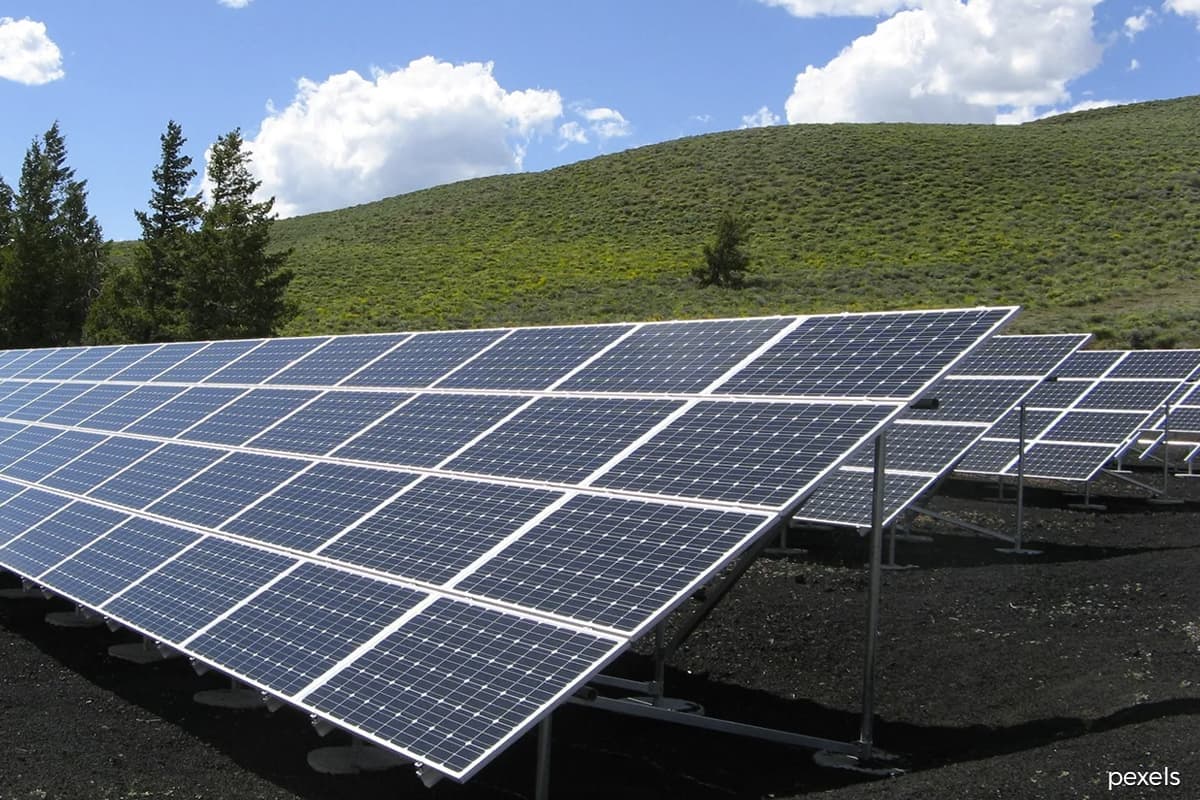
KUALA LUMPUR (April 21): Falling unit costs of solar and wind energy will prove increasingly disruptive to the energy sector as a whole, according to Fitch Ratings.
In a statement on its website yesterday, the rating agency said one outcome of the pandemic had been greater use of renewable energy in many countries as a result of falling demand overall and growing policy incentives for renewable deployment.
It said increasing economies of scale and technological maturity, as well as rising demand for power-purchase agreements, continued to attract investors to solar and wind projects.
Fitch said as renewables grow their share of generation, this is likely to lead to increased electricity price volatility, which is already challenging the viability of large fossil fuel and nuclear power projects in competitive markets.
“The disconnect between supply and demand for renewable energy and intermittency of resources continue to pose challenges, with large-scale battery storage remaining prohibitively expensive in most cases.
“Grid-balancing and distribution costs are also set to rise as solar and wind are deployed more widely, and network utilities will be sharply increasing capital expenditure (capex) to meet these needs.
“Despite growing interest in the production of 'green' hydrogen from solar and wind, a near-term solution to the intermittency problem will be wider deployment of smart grids and intelligent pricing to balance supply and demand,” it said.
Fitch said despite some debate over the role of natural gas in low-carbon energy transition, many coal-dependent countries in Asia-Pacific view gas as an essential component of transition, and most gas applications in Organisation for Economic Co-operation and Development (OECD) countries are in heating of buildings and industrial processes, which will prove challenging to substitute.
It said that ultimately, established economic structures, geography, climate and other regional characteristics will determine patterns of energy consumption and energy efficiency.
Companies with geographical diversification will be better placed to absorb local increases in regulatory compliance costs or resource input costs, it said.